Queering Kamal Haasan
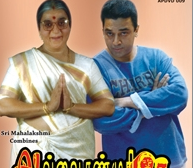
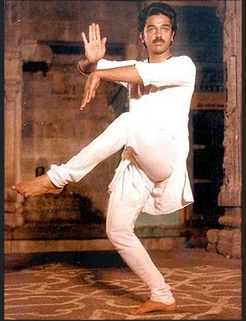
My teachers were perplexed. It was a small town school and I was standing before them in the staff room. I had signed up for the newly announced Bharatanatyam classes and it happened that I was the only boy in the school to do so. The dance teacher is not a school staff and had agreed to come on Saturdays to teach. She definitely had reservations. Now, my teachers were trying to talk me out of it. Encouraged by the opposition, I showed more interest. My teachers were quietly talking among themselves and occasionally smiling at me until one of them said loudly: “Yen Kamal aadaliyaa?” (Why not? Kamal dances) and the discussion ended there. Kamal Hassan played the role of a multi-talented dancer, adept at the Indian classical dances of Kuchipudi, Bharatanatyam, Kathak, etc. in his 1983 film, Salangai Oli, a role no other Tamil hero had played until then.
I had no idea what my teachers’ reservations were at that time, but looking back, I can guess what their discussion would have been, and the role Kamal may have played in their decision. I was allowed to join the dance class. The two classes I attended before dropping out are material enough for a hilarious series. I simply had no sense of music or rhythm and I was too stiff. My journey that took off because of Kamal ended because, as it turned out, my dancing skills were worse than those of Rajani.
Rajani and Kamal were established stars during my childhood.
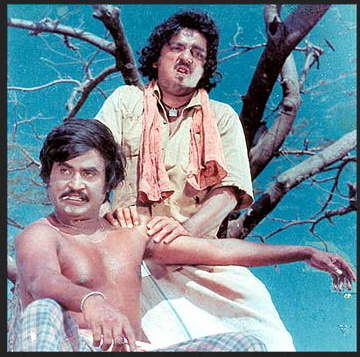
Their era had begun even before I was born, therefore, I could be totally wrong in my reading of the famous Rajini-Kamal scene: Rajani charmed his fans with his style and mannerisms, Kamal was seen as the suave, soft guy. Kamal cried in his movies and in some, his heroines kissed him on the neck (necking) instead of him kissing them all the time. His characters were passionate, real and sometimes even vulnerable, behaviors that were not considered suitable for a hero in those days (Remember the Manasu Mayangum song from Sippikkul Muthu (1985), where he obediently learns lovemaking from Radhika?). Nonetheless, Kamal was a heartthrob for many women (and some men), even more popular than Rajani. Just as the emergence of Dravid earned respect for the defensive batsman in gully cricket, I imagine Kamal might have changed impressions of the soft guys, effeminate guys or guys who were into the fine arts back then. A friend of mine who was in college during the beginning of the Kamal-Rajani era said that there were two groups in every college, one supporting Rajani and one supporting Kamal. The groups often clashed with each other and abused the stars in a war of words. Kamal was often ridiculed for being a “pottai paiyan” (sissy boy). His choice of roles in movies such as 16 Vayathinile (1977) could have been the reason for that. In that movie, Kamal played Chappani, a timid, undesirable and “useless” man (impotency implied?). In his early days, Kamal was not considered very manly. He had effeminate characteristics, yet he was a heartthrob.
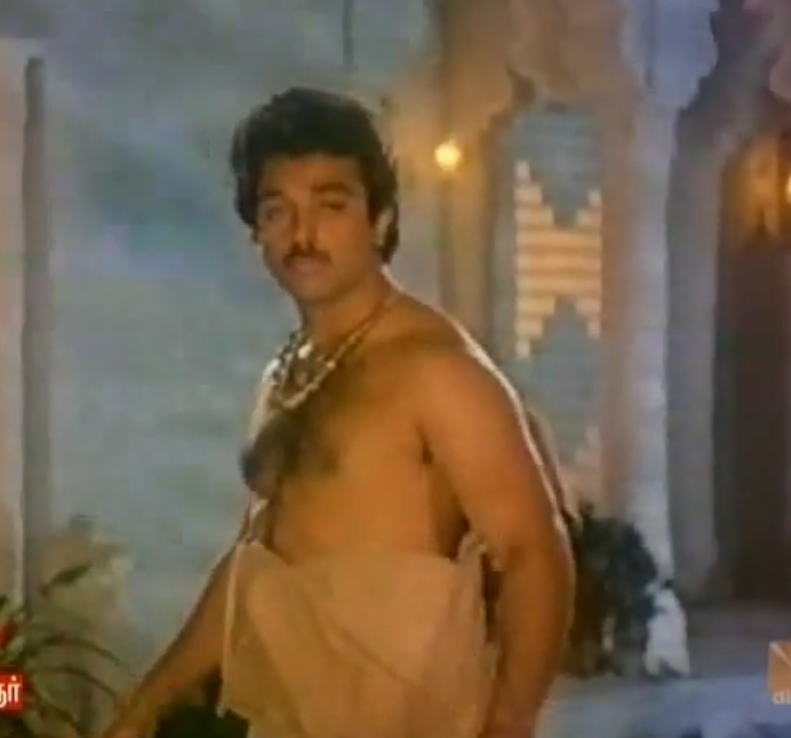
During his hunky days, Kamal played the title role in the 1986 sci-fi thriller Vikram. His character was a spy from India who traveled to the faraway land Salamia to save the world. His Salamia tour guide Dubash (brilliantly played by Janakaraj) is one of the very few same-sex attracted characters in Tamil cinema’s history. In the story, Dubash has a crush on Vikram, which Vikram obviously ignores. Still the fact that there was such a character and that character was allowed to express himself is significant.
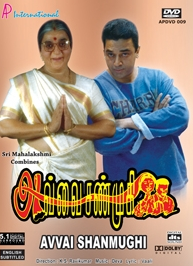
As years went by, Kamal did not shy away from roles such as the one he played in Avvai Shanmugi (1996). While other actors have donned female getup in movies, the portrayals were often meant to be funny and their intent was not to conceal the so called “manly mannerisms.” After all, Tamil cinema heros can’t completely give up their masculinity, can they? Kamal played the part with the utmost seriousness and sincerity and transformed himself into a woman on screen. He probably would have considered the comment “Apadiye maami mathiri irukaan” (I can’t believe that’s a man), a compliment.
Many, many years later, Vettaiyadu Vilayadu (2006) upset me for it’s portrayal of homosexual men. I have no problem with gay men being villains or psychopaths, but the homophobic sentiments displayed by the lead character (played by Kamal) at a time when the LGBT community was taking baby steps in Tamil Nadu was very disappointing. As Aniruddhan Vasudevan points out in his review, “It is very unfortunate that the first, open representation of homosexuality in Tamil movies had to happen that way.” Vettaiyadu Vilayadu will go down as one of Kamal’s mistakes and will be referenced and researched in the years to come.
I felt Kamal, who is generally a progressive thinker, owed more. He may have evolved however. In a very small way, he gave a subtle nod to same-sex love in a recent Vijay TV show. Two girls chose and sang one of Kamal’s famous duets (simply for music reasons)
“ஒரே நாள் உன்னை நான் நிலாவில் பார்த்தது
உலாவும் உன் இளமைதான் ஊஞ்சலாடுது”
Kamal’s response:
டூயட் ரெண்டு பேர் பாடணும் , அது எந்த இருவர் என்றாலும் பராவில்லை!”
“A duet is meant for two people. The two can be any (gender)”
Is this Kamal’s view on homosexuality? I would like to think so. Nonetheless, this comment from someone as iconic as Kamal Haasan in a very popular family show should do the LGBT community a lot of good.
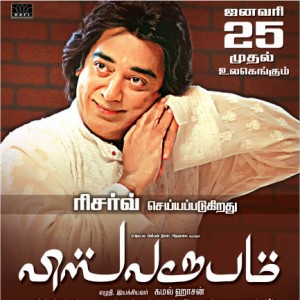
More recently, the plot of Kamal’s new movie, Vishwaroopam (2013) offended some in the LGBT community. In the movie, the heroine, who rejects the hero (played by Kamal) because he is effeminate, later falls for him, when the hero reveals that he is a macho man in disguise. When I watched the movie, I wasn’t offended and my interpretation of that scene was very different. Even if the heroine fell ‘only’ for the macho behavior of the character, I see no wrong there. I view it as a matter of personal choice.
Peter Roebuck put it so well when he was writing about Sachin Tendulkar, India’s legendary cricketer: “Inevitably mistakes have been made. Something about a car, something else about a cricket ball and suggestions that he had stretched the facts to assist his pal Harbhajan Singh. But then he is no secular saint. It’s enough that he is expected to bat better than anyone else. It’s hardly fair to ask him to match Mother Teresa as well.” May be the same sentiment could be applied to Kamal Hassan too. He might have done some offensive scenes and roles, but his career conveys a bigger message: A Tamil cinema hero doesn’t have to constantly play typical masculine characters. He can break gender conventions and still win the hearts of women of an entire generation.

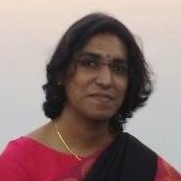
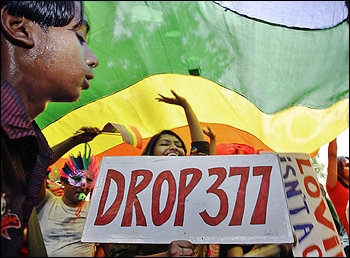
![[poem] For Us](https://orinam.net/wp-content/uploads/2024/01/WhatsApp-Image-2024-01-03-at-23.58.42-768x768.jpeg)
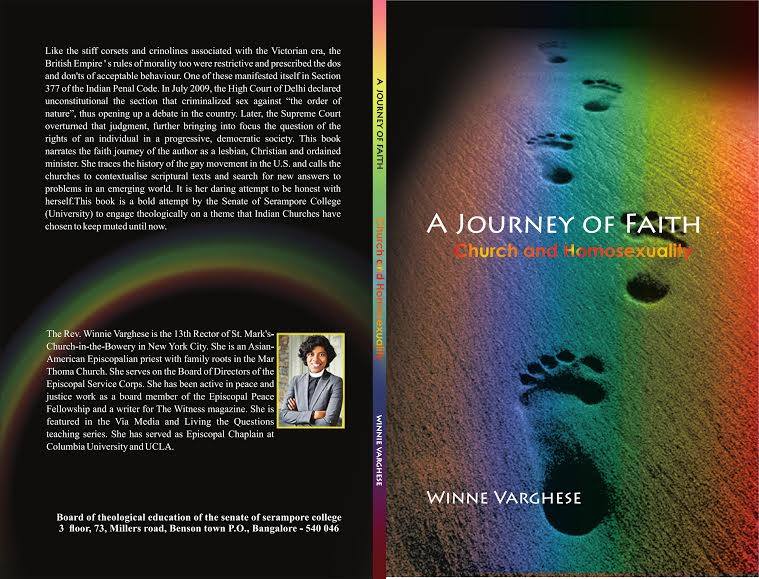
That’s a keen observation about an actor which is highly appreciable. Coz when i see a star or celebrity ….. i consider them as a matter of entertainment. But still Nice one Mr.Vishnu. I just have a simple question. Do we really require the views and comments of them to be recognized by this society?
@Anand Kumar: I don’t think the author is saying that we need the approval of actors to be recognized by the society. This is just a balanced take on the actor, who has obviously offended the LGBT community. On a side note, it is important to remember the influence that cinema and actors have on Indians, especially Tamilians.
” Kamal obvly offended the LGBT community ” How ?
Raghu: I guess you haven’t seen Kamal’s homophobic piece of crap called Vettaiyaadu Vilaiyaadu. Please read Aniruddhan’s critique here: https://new2.orinam.net/games-up/
Well written article. At the end the actors have to worry about their bread and butter and play characters they won’t otherwise. It reminded me of Om Puri who stated the same reason while asked by the audience about playing a character in the film Narsimha years back at the India Habitat Center, New Delhi. Another actress (not a well known one of course) quoted that the male actors are given importance in Tamil cinema and the female actors are largely ignored. No wonder the way Tamilians worship Rajnikant and others. Sounds ridiculous to most intellectuals though but it’s a fact.
Although we might not feel that its necessary for celebrities to support us, their positive and active support can surely accelerate our journey towards our goal. A huge section of the society relates themselves with cinema/tv/print media and its negligent to say that the media does not play any role in shaping the society’s opinion about anything. There are so many people in the society, even educated ones, who, only after watching movies and tv realize that LGBTIQ people even exist in the society. So a positive portrayal of such characters is surely necessary in the media. If at all Kamal or any other actor is deliberately or coincidentally doing something about this, it is surely of significant, whether negative or positive.
interesting read. It is true we are yet to see a gay character depicted well in a mainstream movie. If it did, what would it be like?
If it were Barathiraja, Nattaamai’s son gets chased and harassed by muraippoNNu only for him to fall in love with the poor school teacher guy. When she comes to know the night before her arranged marriage with the guy, she helps him elope with the school teacher and sees them go off with tears. he he
Happened to read this post just now. There is something more deeper with Kamal when it comes to homosexuality. Could be repressed…could be abuse in his younger days..many years ago, could be more than 20 to 25 years now , Kamal had written a short story which was published in some Tamil magazine where a homosexual character was depicted in a negative manner through the eyes of his wife…
It would be interesting to read that short story. Remember which magazine by any chance ?